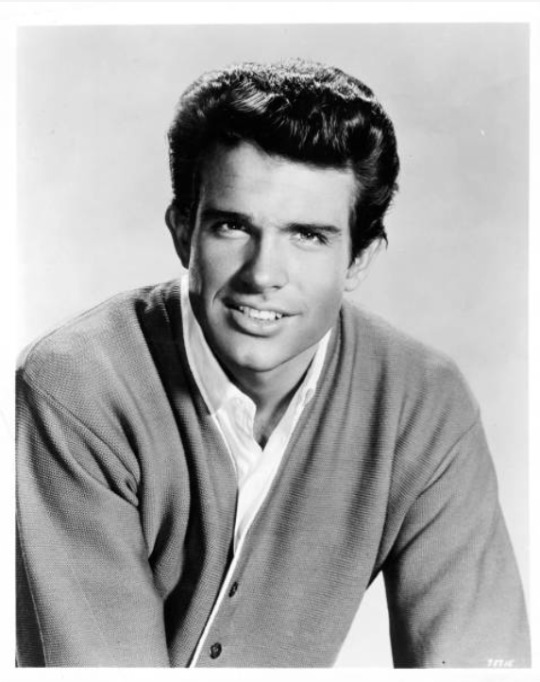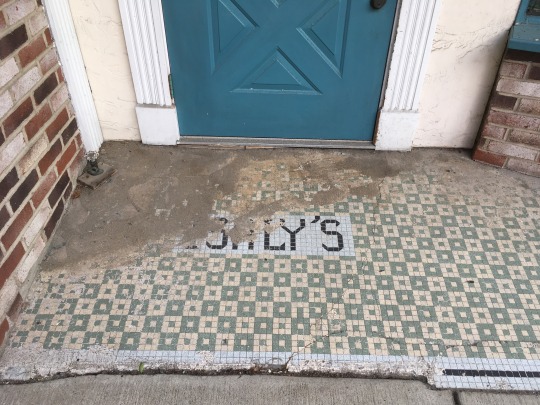#Steubenville Ohio
Explore tagged Tumblr posts
Video
OH Steubenville - The Great Steubenville Eggsibition by Ken
Via Flickr:
Giant decorated egg at the Great Steubenville Eggsibition in Steubenville, Ohio.
2 notes
·
View notes
Text
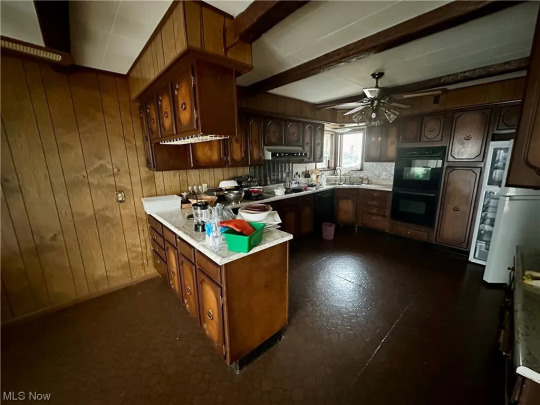
Cedar Avenue, Steubenville, Ohio.
38 notes
·
View notes
Link
Yep, there’s been yet another Norfolk Southern train wreck in Ohio.
Politicians and the head of the U.S. Department of Transportation have offered their support to Ohio and Clark County following the derailment Saturday of a Norfolk Southern train.
[ ... ]
More than 20 train cars out of 212 derailed Saturday near the Clark County Fairgrounds where the tracks cross Ohio 41 outside of Springfield. No one was injured in the accident and the cause of the derailment has not been determined.Clark County EMA leaders said there were no known chemicals or hazardous material on the train.“There is no indication of any injuries or risk to public health at this time. A crew from the owner/operator of the railway Norfolk Southern, the Clark County Hazmat team and Ohio Environmental Protection Agency each independently examined the crash site and verified there was no evidence of spillage at the site.”
According to US Sen. Sherrod Brown (D-OH), it’s actually the fourth relatively recent Norfolk Southern derailment in the state.
“Sandusky, Steubenville, East Palestine, and now Springfield - four Norfolk Southern derailments in less than five months because this corporation has been more concerned with its profit margin than with Ohioans’ safety. Ohio communities should not be forced to live in fear of another disaster. It’s unacceptable - it’s why we must pass my bipartisan Railway Safety Act with Senator Vance, now,” Brown said.
The corporate culture of Norfolk Southern and the orgy of deregulation during the Trump administration have placed safety second to greed.
youtube
Tami Abdollah at USA Today pointed out last month:
The railroad industry has cut roughly 30%, or 45,000 total workers since 2015, and since deploying precision scheduled railroading. Norfolk Southern has shed roughly 40% of its 30,456-person workforce. By the end of 2021, the company employed 18,100 workers, according to U.S. Securities and Exchange Commission filings.
Meanwhile, major railroad operators including Norfolk Southern have paid out $196 billion in buybacks and dividends since 2010, much more than the $150 billion spent on infrastructure improvements during that time, said Martin J. Oberman, chairman of the North American Rail Shippers Association, in a 2021 speech.
These derailments have GREED written all over them.
Bring back safety regulations and HŪGE fines for those who ignore them.
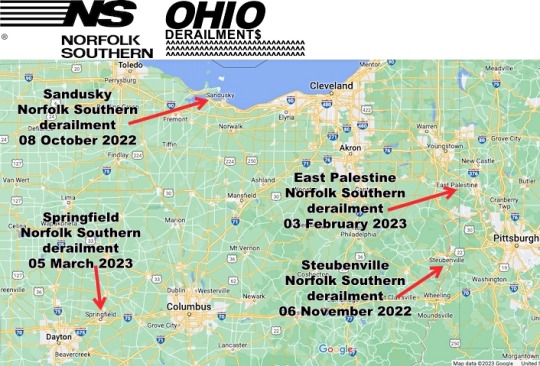
#ohio#norfolk southern#corporate greed#stock buybacks#trump administration#deregulation#derailments#train wrecks#east palestine#springfield#steubenville#sandusky#safety regulations#bring back regulations
2 notes
·
View notes
Text
“ The Tree of Knowledge”
Mural at Eastern Gateway Community College, Steubenville, Ohio. by T.E.Ott https://www.etsy.com/shop/teottart

View On WordPress
0 notes
Photo

sexy genderflip george washington, anyone? from an antique store in steubenville, ohio.
#thrifting#shiftythrifting#submission#submissions that bring Didi to a full stop.#politics#what in the hamilton fandom
2K notes
·
View notes
Text

Bernd and Hilla Becher. Blast Furnace, Steubenville, Ohio, USA, 1980
10 notes
·
View notes
Text

Nutcracker Garden by Jaci Starkey
Via Flickr:
Steubenville Nutcracker Village. More than 200 life-size nutcrackers are scattered throughout Historic Downtown Steubenville! Nearly all of the nutcrackers can be viewed 24/7, so come anytime of day or night between November 21 and January 6! Each of these nutcrackers was carved by local artist Brodie Stutzman and painted by a variety of local artists. Enjoy your visit to see all of these beautiful Christmas creations, but don't touch - nutcrackers bite!
0 notes
Text
Burning Butch is the courageous story of a trans / non-binary butch on a quest to survive conservative, religious, American culture while questioning if there is room in their heart for the traditional faith they were raised with, and what it means to come home again. When divorce moves young Rebecca Mertz away from rural Pennsylvania and their abusive father, Mertz and their mother find a new life in a conservative Catholic subculture outside of Washington, D.C. There, Mertz's adolescence is dominated by fundamentalist Catholicism. Life becomes God, saints, and babies – except, of course, for the showtunes they latch onto, voices that permeate their childhood boundaries, singing about different worlds. Mertz spends their childhood split between Pennsylvania, and Maryland – between mother and father, between Catholic homeschooling and secular Americana, between safety and violence, between their real life and the "world" they keep being warned against. It’s in homeschooling that Mertz learns what good, Catholic values are: anti-feminist, pro-life; anti-queer, pro-Jesus. The more babies, the better, so as to prove a stronger devotion to God. In an attempt to get away from their father, to interrogate their faith, and to repress the growing feelings Mertz has about a woman in their community, Mertz chooses the Franciscan University of Steubenville, a conservative Catholic school in Ohio. As Mertz comes of age at an oppressive, gender-dependent Catholic college in the early aughts, they grapple with attractions, sexual encounters, and relationships with friends and teachers – men and women whom they trust and admire, who romantically engage with them while in the same breath renounce the sacrilege of Mertz’s identity. Ever the outcast during their college years despite their affinity and aptitude for poetry, Mertz is forced to face their sexuality and what it might mean within the confines of their strict faith. As Mertz struggles to navigate this repressive environment, and questions what role they could play in this community, the vulnerable identity they create begins to threaten the life they know in potentially irreversible ways.

15 notes
·
View notes
Text

Robert Fitzgerald Diggs (July 5, 1969) known by his stage name RZA is a musician, rapper, record producer, actor, filmmaker, and author. He is the de facto leader of the Wu-Tang Clan. He has produced almost all of Wu-Tang Clan’s albums, as well as many Wu-Tang solo and affiliate projects. He is a cousin of two other original Wu-Tang Clan members: GZA and Ol’ Dirty Bastard. He has released solo albums under the alter-ego Bobby Digital, along with executive producing credits for side projects. After forming the Wu-Tang Clan, he was a founding member of the horrorcore group Gravediggaz, where he went by the name The RZArector.
He is known for his music production, with a style that includes the use of soul samples and sparse beats that has proved highly influential. The magazine The Source placed him on its list of the 20 greatest producers in the magazine’s twenty-year history. Vibe listed him among the top 8 greatest hip-hop producers of all time, and NME placed him on their list of the 50 Greatest Producers Ever.
He was born in Brownsville, Brooklyn. He was named after the Kennedy brothers Robert and John Fitzgerald. He called his given name an “honorable” name, given the legacy of both Robert and John. He has a younger brother, Terrance Hamlin, better known as the rapper 9th Prince, and an older brother named Mitchell “Divine” Diggs.
From ages three to seven, he spent summers in North Carolina with his uncle, who encouraged him to read and study. He was introduced to hip-hop music at the age of nine, and by eleven, was competing in rap battles. He relocated to Steubenville, Ohio to live with his mother. He spent weekends in Pittsburgh, where his father ran a convenience store.
He married Eboni Mills (2000-09). He married Talri Rabb (2009). He has ten children. #africanhistory365 #africanexcellence
5 notes
·
View notes
Text

Barclay Brooks Insurance
3 notes
·
View notes
Text
Burning Butch by R/B Mertz
goodreads
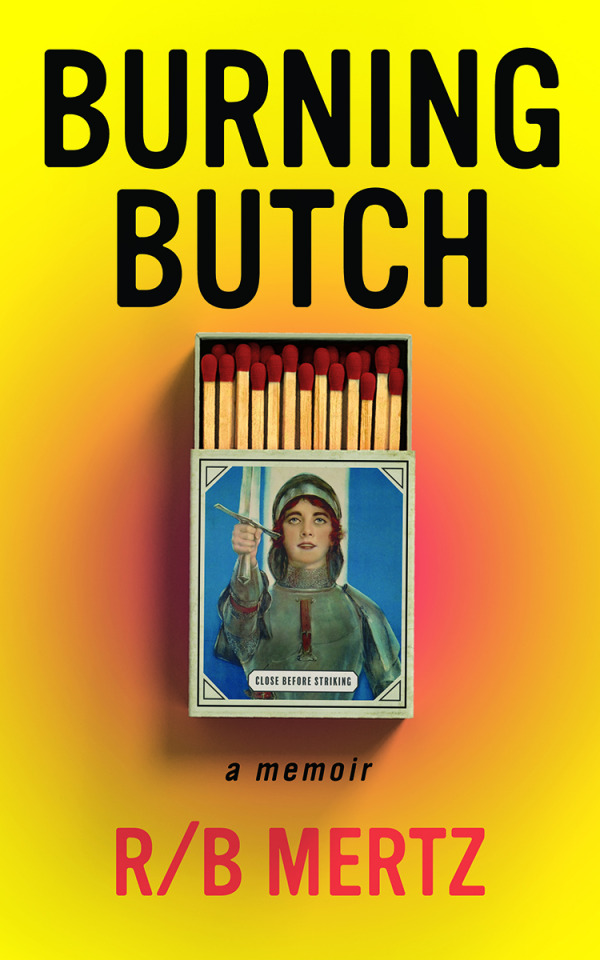
When divorce moves young Rebecca Mertz away from rural Pennsylvania and their abusive father, Mertz and their mother find a new life in a conservative Catholic subculture outside of Washington, D.C. There, Mertz's adolescence is dominated by fundamentalist Catholicism. Life becomes God, saints, and babies – except, of course, for the showtunes they latch onto, voices that permeate their childhood boundaries, singing about different worlds. Mertz spends their childhood split between Pennsylvania, and Maryland – between mother and father, between Catholic homeschooling and secular Americana, between safety and violence, between their real life and the "world" they keep being warned against. It’s in homeschooling that Mertz learns what good, Catholic values are: anti-feminist, pro-life; anti-queer, pro-Jesus. The more babies, the better, so as to prove a stronger devotion to God. In an attempt to get away from their father, to interrogate their faith, and to repress the growing feelings Mertz has about a woman in their community, Mertz chooses the Franciscan University of Steubenville, a conservative Catholic school in Ohio. As Mertz comes of age at an oppressive, gender-dependent Catholic college in the early aughts, they grapple with attractions, sexual encounters, and relationships with friends and teachers – men and women whom they trust and admire, who romantically engage with them while in the same breath renounce the sacrilege of Mertz’s identity. Ever the outcast during their college years despite their affinity and aptitude for poetry, Mertz is forced to face their sexuality and what it might mean within the confines of their strict faith. As Mertz struggles to navigate this repressive environment, and questions what role they could play in this community, the vulnerable identity they create begins to threaten the life they know in potentially irreversible ways.
Mod opinion: I haven't heard of this memoir before, but it sounds interesting.
#burning butch#r/b mertz#polls#trans books#trans lit#trans literature#lgbt books#lgbt lit#lgbt literature#memoir#nonfiction#nonbinary#own voices
7 notes
·
View notes

